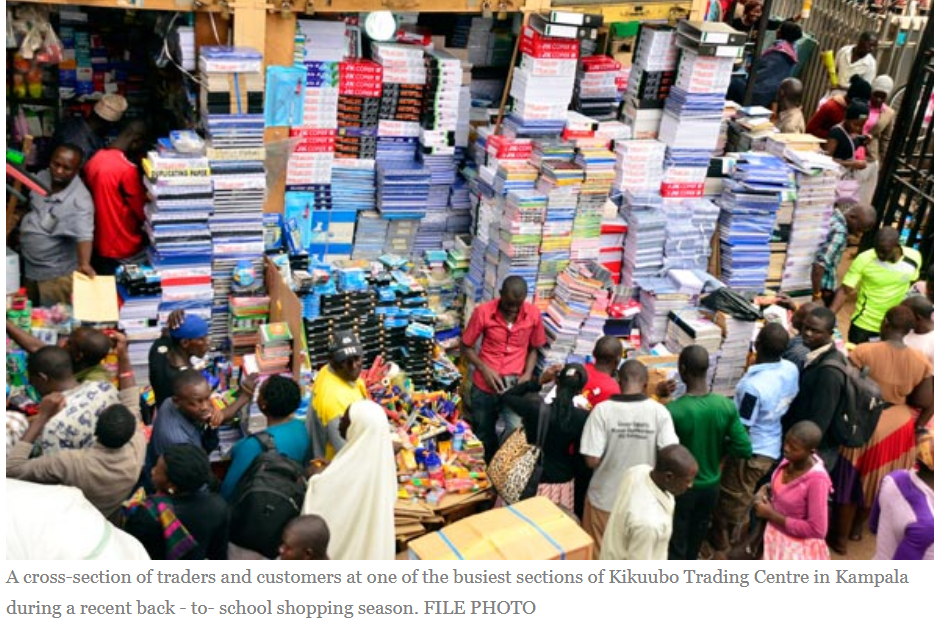The private Stanbic Bank its Purchase Managers Index PMI for September predicts trade growth and regional security will supercharge the Ugandan economy, in two years pushing annual economic growth as high as 6%, as East Africa moves away from election years and civil wars in South Sudan and DR Congo.
The findings of the survey offer a glimmer of hope after Uganda’s central bank also said continued improvement in Ugandan Business conditions.
“There are strong signs that the Ugandan GDP will taste 6% growth in two years as trade growth picks up and public, private investments continue to come in,” said Jibran Qureshi Standard Bank’s regional economist for East Africa
He was on Wednesday announcing the results at a press briefing in Kampala.
“Even though the headline PMI fell to 53.8 from 54.1 in August, the average of 54.1 in the three months to September was still higher than the average of 51.6 in the first half of the year. A strong performance from the coffee sector has supported growth, however the recent armyworm infestation could still pose as a threat to food crops prices and agricultural productivity towards the back end of the year. That said, a gradual improvement in private sector credit growth should bode well for domestic demand. ”
The Ugandan private sector is being encouraged to increase its appetite for credit in a bid to boost economic activity. In the recent monetary policy statement for October the Central Bank announced a further downward revision of the Central Bank Rate (CBR), the fifth in the past nine months. At just 9.5% the CBR now stands at its lowest level since the introduction of the CBR in 2011. The Governor Emmanuel Mutebile explained the reasoning behind the rate cut, “Given that annual core inflation is forecast to remain around the medium term target of 5% and economic activity is slowly gaining momentum, a cautious easing of monetary policy is warranted to boost private sector credit growth and to strengthen economic growth.”
Analysing the performance of the various business sectors Stanbic monitors to conduct the PMI research, Jibran revealed, “The agriculture, industry, services and wholesale and retail sectors continued to register growth of output and new business inflows in September. Meanwhile, construction output decreased as the sector saw no change in new orders.” Overall input costs however rose across each sector.
Looking at employment where workforce numbers increased on the back of new projects and heightened demand, Jibran noted “Overall job creation is a trend we have witnessed since the inception of the survey 16 months ago.”
Uganda, which mostly relies on coffee for its foreign exchange needs, is expected to begin crude oil production in 2020.










